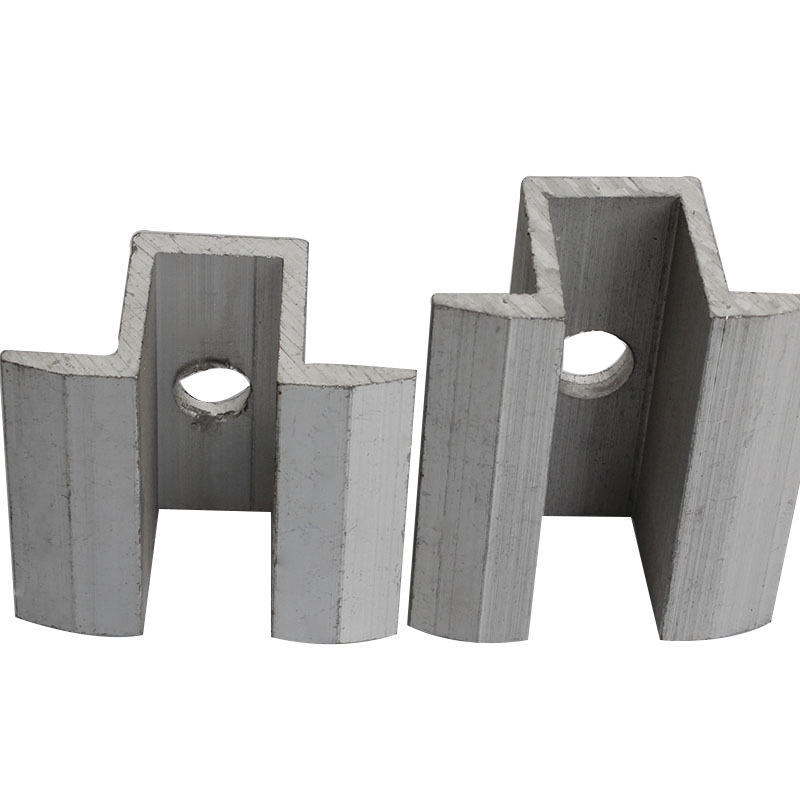

ss plain washer
Nov . 15, 2024 19:52 Back to list
ss plain washer
Understanding Plain Washers A Key Component in Fastening Systems
In the world of mechanical engineering and assembly, small components often play a crucial role in the durability and functionality of a design. One such component that merits attention is the plain washer. While they may be simple in appearance, plain washers are essential in distributing load, protecting surfaces, and enhancing the overall effectiveness of various fastening systems.
What is a Plain Washer?
A plain washer is a thin, flat disc with a hole in the center, typically made from materials such as metal, plastic, or rubber. Their primary function is to be placed under the head of a screw or nut to prevent damage to the surface being fastened while also providing a larger surface area to distribute the load. The absence of any additional features, such as grooves or ribs, characterizes a plain washer, thus the term plain.
Functions of Plain Washers
1. Load Distribution The foremost purpose of a plain washer is to distribute the load of a fastener over a larger area. This is particularly important when fastening materials that are softer or more delicate, as it helps prevent indentations or wear.
2. Surface Protection When a bolt or screw is tightened, it can exert a significant amount of pressure on the material it's being fastened to. A plain washer acts as a cushion, protecting the surface beneath from scratches, abrasions, and deformation.
3. Vibration Mitigation In mechanical systems where vibration is prevalent, plain washers can help maintain the integrity of the assembly by providing a stable interface for the fastener. They can limit the loosening of nuts and bolts that may occur from continuous movement.
4. Alignment Aid While not specifically designed for this purpose, plain washers can assist in aligning fasteners properly. By ensuring that the fastener sits flat against the surface, they can help with even clamping and enhance the overall structural integrity.
ss plain washer

Types of Materials Used
Plain washers are available in a variety of materials, each suited for different applications
- Steel A common choice for applications requiring strength and durability, often coated to prevent corrosion (e.g., zinc-coated). - Stainless Steel Ideal for environments susceptible to rust and corrosion, making them suitable for outdoor and marine applications. - Plastic Lightweight and resistant to corrosion and chemicals, plastic washers are often used in electrical applications. - Rubber Used for their high elasticity, rubber washers can absorb vibration and provide excellent sealing properties.
Selecting the Right Washer
When selecting a plain washer for a specific application, there are several factors to consider
- Size The washer must match the diameter of the fastener being used to ensure proper load distribution. - Material Choose a material that withstands the environmental conditions and mechanical loads of the application. - Thickness Thicker washers provide better load distribution, but can also add to the overall height of the fastening assembly.
Conclusion
Though often overlooked, plain washers are fundamental in ensuring the reliability and longevity of various mechanical assemblies. Their role in load distribution, protection of surfaces, and vibration mitigation cannot be underestimated. In industrial applications, construction projects, and everyday assemblies, the proper selection and use of plain washers can lead to significant improvements in performance and durability. As such, a deeper understanding of these small yet mighty components is essential for engineers and technicians alike, ensuring that every assembly is built to last.
Latest news
-
High-Strength Hot Dip Galvanized Bolts - Hebei Longze | Corrosion Resistance, Customization
NewsJul.30,2025
-
Hot Dip Galvanized Bolts-Hebei Longze|Corrosion Resistance&High Strength
NewsJul.30,2025
-
High-Strength Hot-Dip Galvanized Bolts-Hebei Longze|Corrosion Resistance&High Strength
NewsJul.30,2025
-
Hot Dip Galvanized Bolts-Hebei Longze|Corrosion Resistance&High Strength
NewsJul.30,2025
-
Hot Dip Galvanized Bolts - Hebei Longze | Corrosion Resistance, High Strength
NewsJul.30,2025
-
High-Strength Hot Dip Galvanized Bolts-Hebei Longze|Corrosion Resistance, Grade 8.8
NewsJul.30,2025

